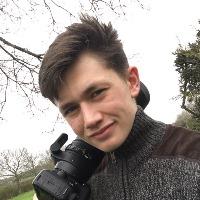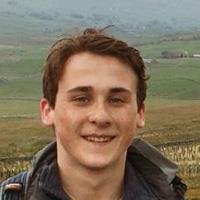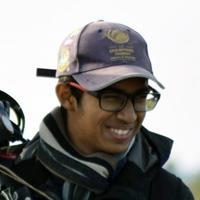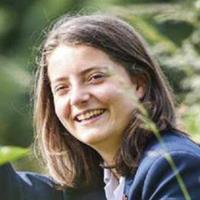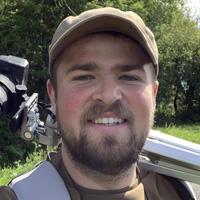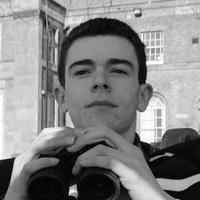Alex Chapman
I am Alex Chapman, 17 years old, from the beautiful county of Dorset. As a passionate bird watcher and amateur wildlife photographer, I have a burning desire to play my part in conserving and protecting nature right across the globe - and here at the Cameron Bespolka Trust, I’m only just getting started!
I have particular interests in conservation, ecology, palaeontology, cryptozoology and ornithology, but I have a huge wholesome love for nature.
Most of my days are spent actively watching a range of bird species on my local patches, in between study and sports. If I’m not out watching wildlife, I’ll be researching conservation efforts, volunteering opportunities and general information with the hope to apply this to intellectual discussions or wildlife volunteering.
I became a young ambassador for the trust following a successful application for the Cornell Event Scholarship in 2019, for which I am eternally grateful. So far, the trust has taken me on an exciting and fascinating journey- and I haven’t even left for the States yet!
Having not previously had the opportunity to get involved with nature, my allegiance with the trust and my new set of wheels (and drivers license), have given me the perfect platform to fulfil my potential with experience and volunteering in nature- it is bound to be a very exciting year indeed!
The work that the trust does is amazing, and targeting the next generation in such a pinnacle point in a worldwide conservation movement, is something that I am very excited to be involved in.
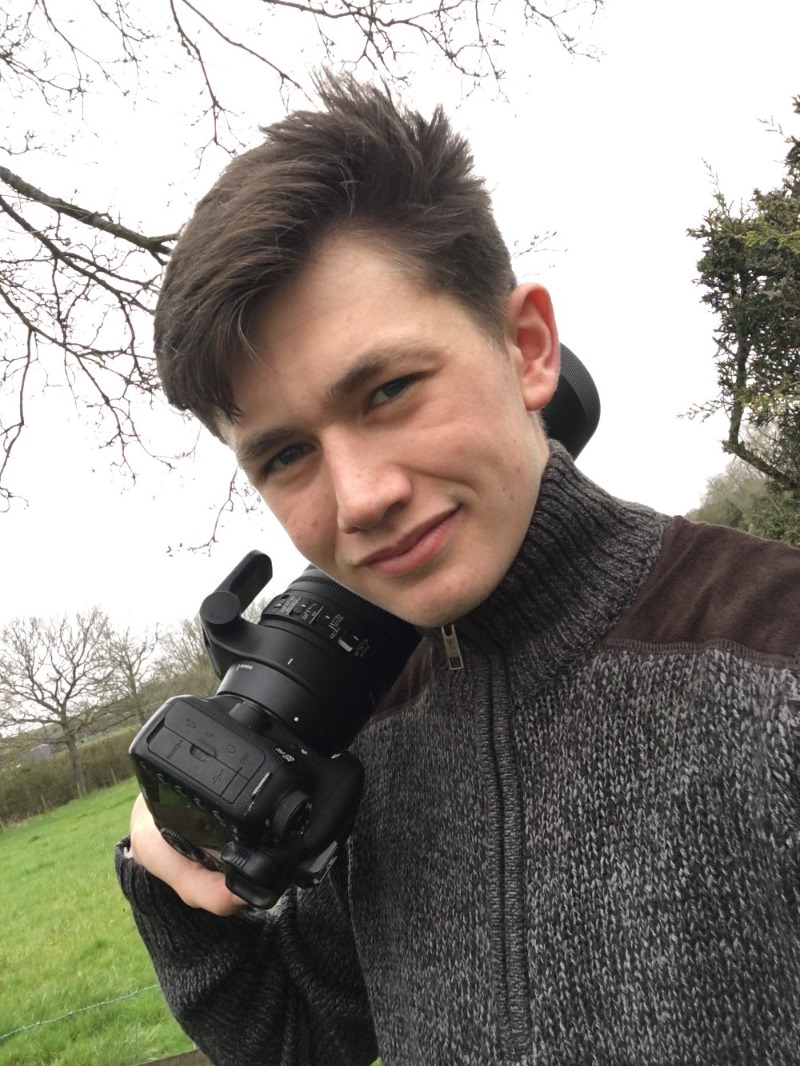
Posts
-
Read More...
At this time of year, the night sky is comparatively still to that of mid-summer. On top of the absence of various other forms of nocturnal life, there is a distinct lack of mysterious furry mammals energising the still night sky, and, but for the infrequent owl calling lustfully into the cool winter’s air, the atmosphere remains eerily void of any apparent life. The mysterious furry mammals I refer to, of course, are bats.
Making up close to a quarter of our resident mammal species here …
-
Read More...
Shaftesbury School is a small secondary day and boarding school, first established in 1718, situated in the quaint town of Shaftesbury in North Dorset. The school itself is perched on top of the hill where the town sits, making use of the extensive views and history of the area, as well as the surrounding countryside.
Looking westwards, I would often find myself distracted from lessons, by the splendid view of the Cranborne Chase and western side of Shaftesbury, as well as the changing weather …
-
Read More...
The sun and humidity of the Atlantic Rainforests of Eastern Brazil seems like a far cry from the cold and wet winter of the UK, but on the 18th of January 2020, I departed London Heathrow Airport, Saõ Paulo-bound, to join Jessie Barry and Chris Wood of the Cornell Lab of Ornithology.
This was for the second ever Young Birders Brazil event organised by the brilliant Lorena Patricio, in the beautiful area of Porto Seguro, a two-hour flight from Saõ Paulo.
Green backed Trogon - …
-
Read More...
So here I am, sat on my Laptop, in my brand-new Birding Office. The day is Thursday the 18th of July and I returned to England 3 days ago following possibly the best set of combined experiences of my life to date. My inspiration and motivation are persistent as a result of a truly fantastic event.
This event was the Cornell Lab of Ornithology’s Young Birder’s Event 2019, which the Cameron Bespolka Trust very kindly awarded me the scholarship for, for only the 4th time. To say I am …
-
Read More...
Traditionally, Blackcaps arrive in the UK and Ireland to form our breeding populations from early April, with the females often arriving a week or two later than the males, breeding in scrubby woodland habitat.
It is believed that being a versatile eater allows the Blackcap to be an early summer visitor. As with some other summer migrants, their arrival dates have become progressively earlier since the middle of the 1970s, a pattern which is increasingly being linked to climate change and its …
